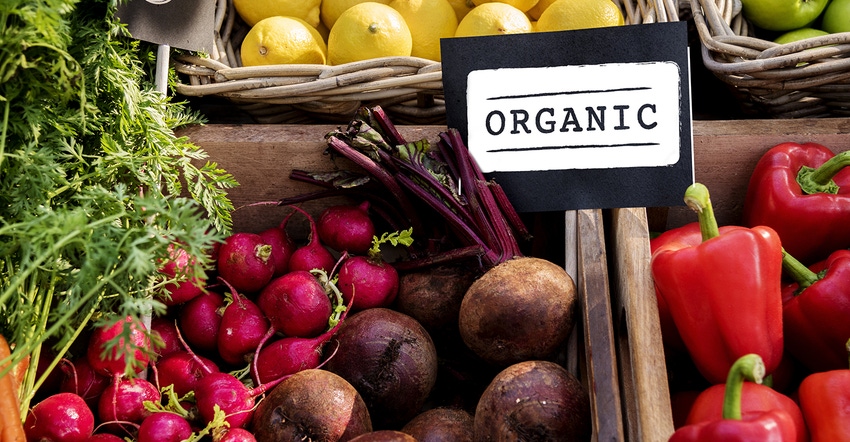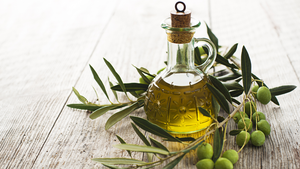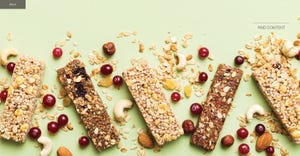Americans are eating their fruits and veggies—especially organic produce that witnessed a 14.2% increase in sales over 2019, according to the 2020 Organic Produce Performance Report from the Organic Produce Network and Category Partners.

The 14.2% increase in organic sales from 2019 reflected a nine-month-long pandemic that changed consumers’ grocery shopping habits.
Buoyed by a fourth consecutive quarter of double-digit growth, 2020 organic produce sales hit $8,542,355,756, an increase of more than $1 billion from 2019, and represented 12% of all fresh produce sales, according to scanned data from Nielsen. Conventional produce sales rose 10.7% in 2020.
Overall organic volume in 2020 increased 16% from the previous year, while conventional volume rose by 9% during the same period. Organic bananas continue to be the biggest volume mover, with movement up 16% from 2019.
Of the top 10 organic sales and volume categories, nine of them saw double-digit growth. The top three sales categories for 2020 were packaged salads, berries (strawberries, blueberries and raspberries) and apples, with each segment registering double-digit gains over the prior year. Among the categories showing the largest year-over-year sales increases were herbs and spices (up 26%) and potatoes (up 21%), as consumers shifted to preparing more meals at home during the pandemic. Organic grapes saw a decline of 6% in both sales and volume.
“In the face of restaurant restrictions and closures and elevated sales across the entire supermarket as consumers turned to at-home eating, organic fresh produce sales surged last year, with consumers looking for healthy, safe, and wholesome meal options for their families,” said Matt Seeley, CEO of the Organic Produce Network.
All four geographic regions of the country experienced double-digit growth in 2020, with the West showing the biggest increases in sales (16.8%) and volume (17.5%) over the previous year. The South continues to climb in organic produce consumption, with sales of more than $2.5 billion, an increase of 14.7% from 2019, and volume up 17.8% over the same period.
The fourth quarter of 2020 saw a continuation of the double-digit growth of organic sales that started in early March, with strong increases in the herbs and spices category as well as the lettuce and potato segments. Organic produce sales for the fourth quarter topped $2 billion, with dollars increasing 15% compared to a gain of only 10% in conventional. Volume was a similar story, with organics up 14.4% compared to a volume increase in conventional of 7.9% for the last quarter of 2020.
“The continued strength of organic fruit and vegetable sales through 2020 despite pandemic-related economic challenges underscores the depth of consumer demand for organic products,” said Steve Lutz, senior vice president of Insights and Innovation at Category Partners. “Across all of 2020, organic sales growth continued to outpace conventional. As we hopefully see the pandemic begin to subside into 2021, the market opportunities for fresh organic fruits and vegetables in the coming year remain outstanding. There are wide swaths of the U.S. where organic fruits and vegetables have limited distribution and narrow assortment in many conventional supermarkets. This indicates that across a multitude of organic produce categories, there remain significant growth opportunities both by gaining distribution but also in supplying latent consumer demand.”
About the Author(s)
You May Also Like






